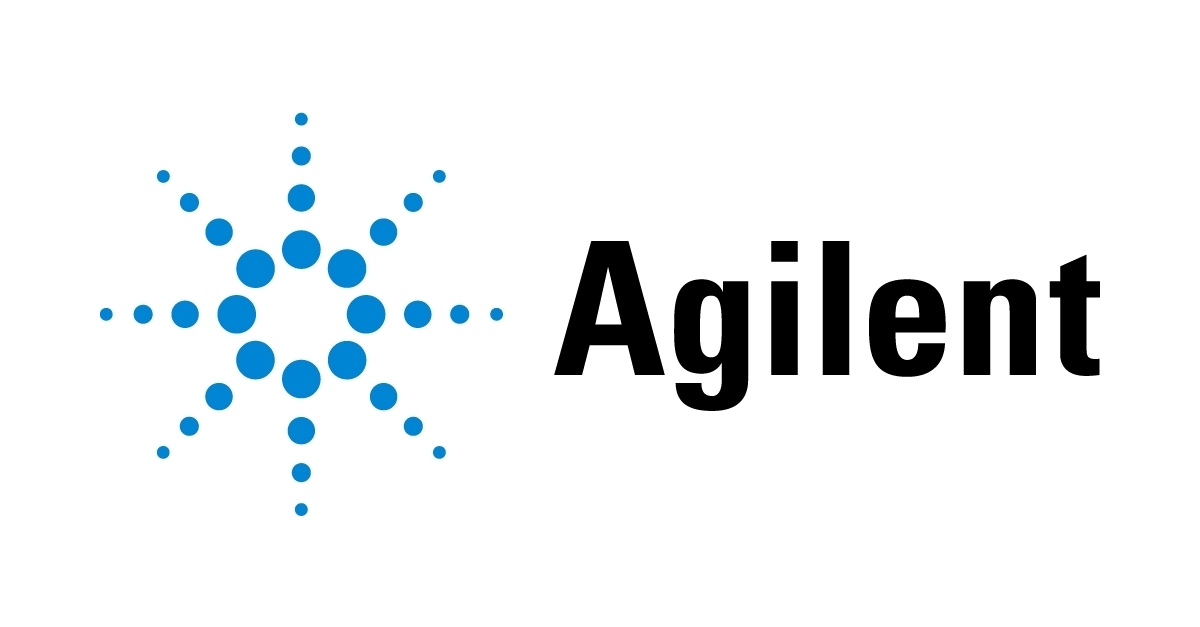
 This presentation, produced by Separation Science, in collaboration with Agilent, forms part of an on-demand symposium covering new methods in PFAS testing, featuring thought leaders from across the globe. This key talk titled 'Optimization and Application of Analytical Methods for Assessing PFAS Treatment and Toxicity' given by Dr Arjun Venkatesan (Associate Director, Center for Clean Water Technology, Stony Brook University, USA) is now available to watch. Below is an outline of the presentation:
This presentation, produced by Separation Science, in collaboration with Agilent, forms part of an on-demand symposium covering new methods in PFAS testing, featuring thought leaders from across the globe. This key talk titled 'Optimization and Application of Analytical Methods for Assessing PFAS Treatment and Toxicity' given by Dr Arjun Venkatesan (Associate Director, Center for Clean Water Technology, Stony Brook University, USA) is now available to watch. Below is an outline of the presentation:
Format: On-demand Presentation
Overview:
PFAS are highly persistent and resistant to degradation and have been associated with reproductive toxicity, reduced growth metrics in newborns and elevated cholesterol levels in humans. Currently, there are no federal regulations for PFAS in drinking water and as a result many U.S. states have their own regulation or health advisory levels. Our laboratory at the New York State Center for Clean Water Technology (CCWT) has established a certified PFAS testing facility to support ongoing research focused on their occurrence, fate, treatment, and toxicity. This presentation summarizes our experience in developing various EPA methods for PFAS analysis and highlights some method modifications developed for specific applications.
By watching this presentation you will learn:
- How do different EPA methods perform for PFAS quantification?
- What are some challenges in the application of EPA methods for PFAS research?
Register to watch this presentation by clicking on the button below:

In addition, you'll gain access to a series of presentations unique to this on-demand symposium:
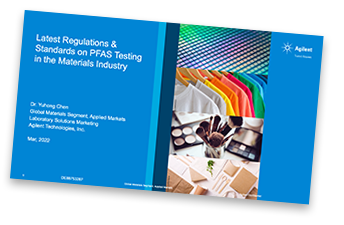 Latest Regulations & Standards on PFAS Testing in the Materials Industry
Latest Regulations & Standards on PFAS Testing in the Materials Industry
Dr Yuhong Chen (Global Materials Segment, Applied Markets, Agilent Technologies)
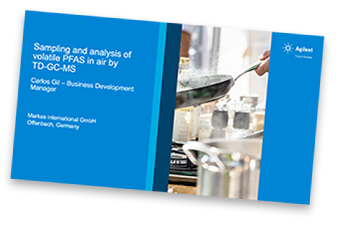 Sampling and Analysis of Volatile PFAS in Air by TD-GC-MS
Sampling and Analysis of Volatile PFAS in Air by TD-GC-MS
Carlos Gil (Business Development Manager, Markes International GmbH)
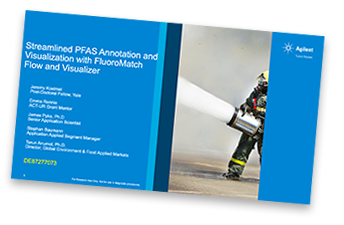 Streamlined PFAS Annotation and Visualization with FluoroMatch Flow and Visualizer
Streamlined PFAS Annotation and Visualization with FluoroMatch Flow and Visualizer
Stephen Baumann (Application Applied Segment Manager, Agilent Technologies)
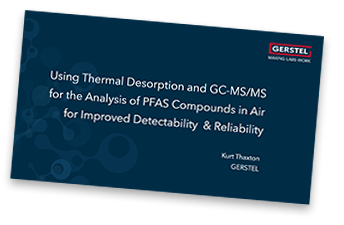 Using Thermal Desorption and GC-MS/MS for the Analysis of PFAS Compounds in Air for Improved Detectability & Reliability
Using Thermal Desorption and GC-MS/MS for the Analysis of PFAS Compounds in Air for Improved Detectability & Reliability
Kurt Thaxton (Gerstel)
As well as download the following educational assets...
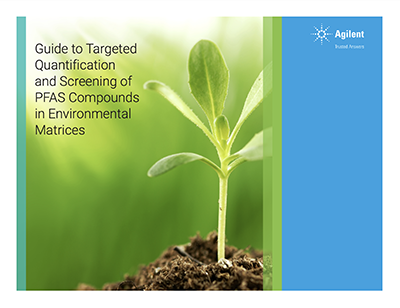 Your Guide to Targeted Quantification & Screening of PFAS Compounds in Environmental Matrices
Your Guide to Targeted Quantification & Screening of PFAS Compounds in Environmental Matrices
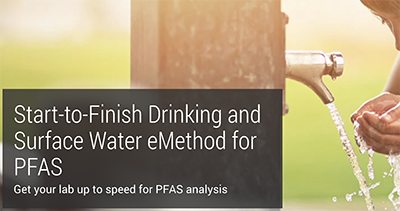 Get your lab up to speed for PFAS analysis with the Agilent start-to-finish drinking and surface water eMethod
Get your lab up to speed for PFAS analysis with the Agilent start-to-finish drinking and surface water eMethod
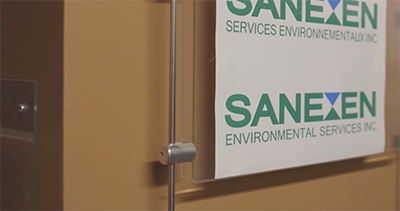 Customer Testimonial: Watch How Sanexen Environmental Services Meets Client Needs for PFAS Testing
Customer Testimonial: Watch How Sanexen Environmental Services Meets Client Needs for PFAS Testing
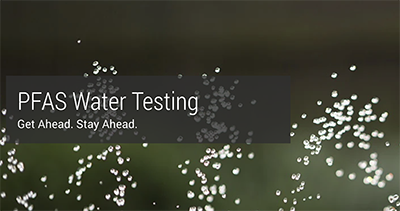 Get Ahead and Stay Ahead with Comprehensive Workflows for Extraction, Screening, Quantification, and Reporting of PFAS in Water Samples
Get Ahead and Stay Ahead with Comprehensive Workflows for Extraction, Screening, Quantification, and Reporting of PFAS in Water Samples
 Meet the Challenges of PFAS Soil Testing in an Evolving Regulatory Framework With Start-to-Finish Workflows
Meet the Challenges of PFAS Soil Testing in an Evolving Regulatory Framework With Start-to-Finish Workflows
sponsored by:
